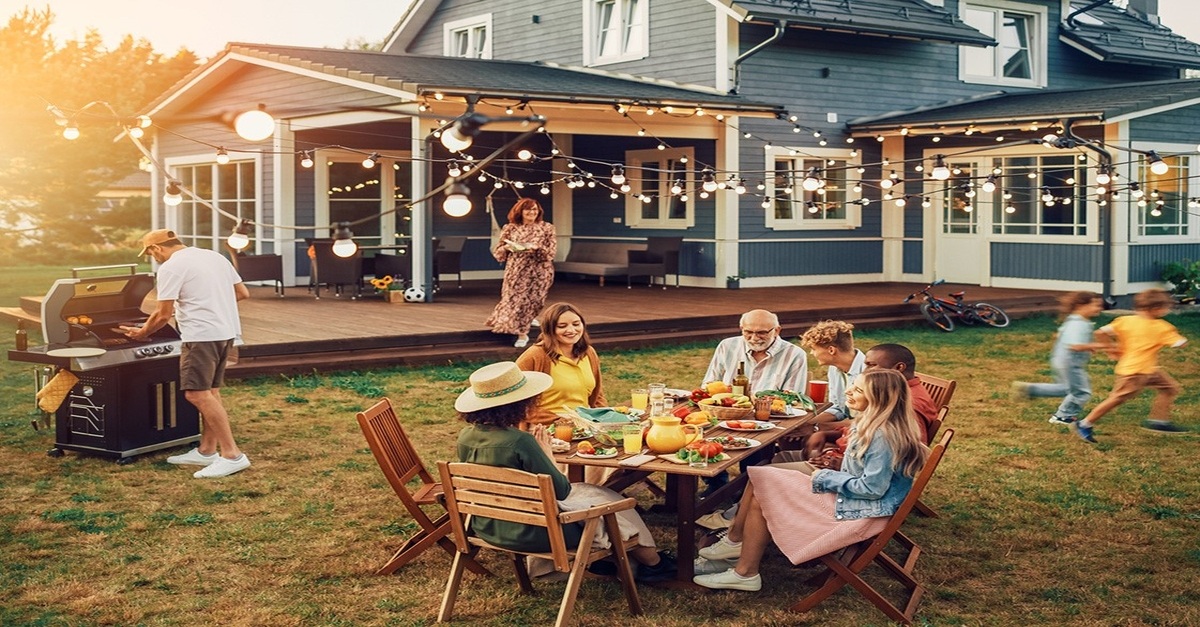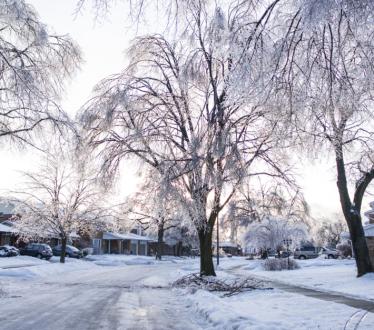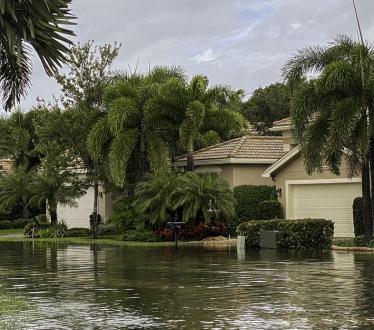Summer Fire Safety: How to Prevent Fires During the Hottest Months

Summer brings sunshine, barbecues, and outdoor adventures—but it also brings an increased risk of fires. With higher temperatures, dry vegetation, and more outdoor activities involving fire, it's crucial to stay vigilant and take proactive steps to prevent fires and protect your most valuable assets. Whether you're camping, grilling, or just enjoying your backyard, here are essential tips to keep your summer safe and minimize the risk of fires.
Why Summer Increases Fire Risk
Several factors make summer a peak season for fires:
- Dry conditions: Heat and lack of rain dry out grass, leaves, and trees, making them more flammable.
- Outdoor activities: Campfires, fireworks, and grilling are more common in summer.
- Electrical load: Increased use of air conditioning and fans can strain electrical systems.
Top Fire Prevention Tips for Summer
- Grill Safely
- Keep grills at least 10 feet away from your home, deck railings, and overhanging branches.
- Never leave a lit grill unattended.
- Clean grease and fat build up from trays and grates regularly.
- Be Cautious with Fireworks
- Follow local laws—many areas restrict or ban fireworks.
- Light permitted fireworks in open areas away from buildings and dry grass.
- Keep a bucket of water or hose nearby in case of fire.
- Practice Campfire Safety
- Use designated fire pits and never build a fire on dry grass or near trees.
- Fully extinguish campfires with water and stir ashes until cool to the touch.
- Never leave a campfire unattended.
- Maintain Your Property
- Clear dry leaves, branches, and debris from your yard and gutters.
- Trim trees and bushes to create defensible space around your home.
- Store firewood at least 30 feet from your house.
- Stay Alert During High Fire Risk Days
- Pay attention to local fire danger ratings and burn bans.
- Avoid using machinery like lawnmowers on dry, windy days—they can spark fires.
- Report any signs of smoke or fire to authorities immediately.
Emergency Preparedness
Even with the best prevention, fires can still happen. Be prepared:
- Install and test smoke detectors regularly.
- Keep fire extinguishers accessible and know how to use them.
- Create a family evacuation plan and practice it.
Protecting Nature and Community
Wildfires can devastate ecosystems and communities. By taking simple precautions, you help protect not only your home but also your neighbors and the environment.
For more information or to get an insurance quote, click here to make an appointment with one of our sales account executives today.
This material is meant for general illustration and/or informational purposes only. Although the information has been gathered from sources believed to be reliable, no representation is made as to its accuracy. The material is not intended to be relied upon as a statement of the law, and is not to be construed as legal, tax or investment advice. You are encouraged to consult your legal, tax or investment professional for specific advice. Not for reproduction.





